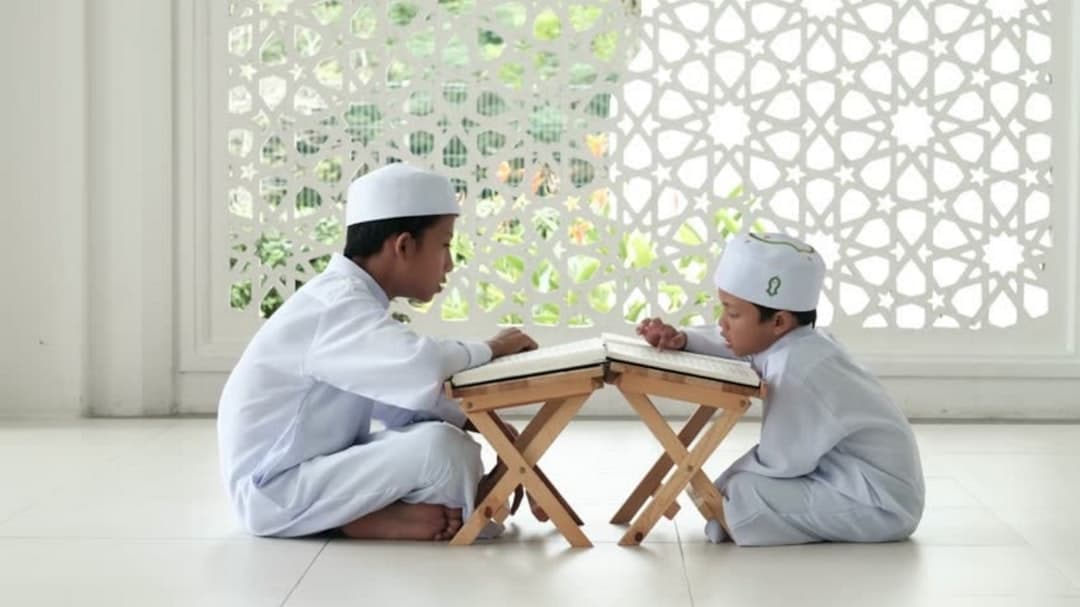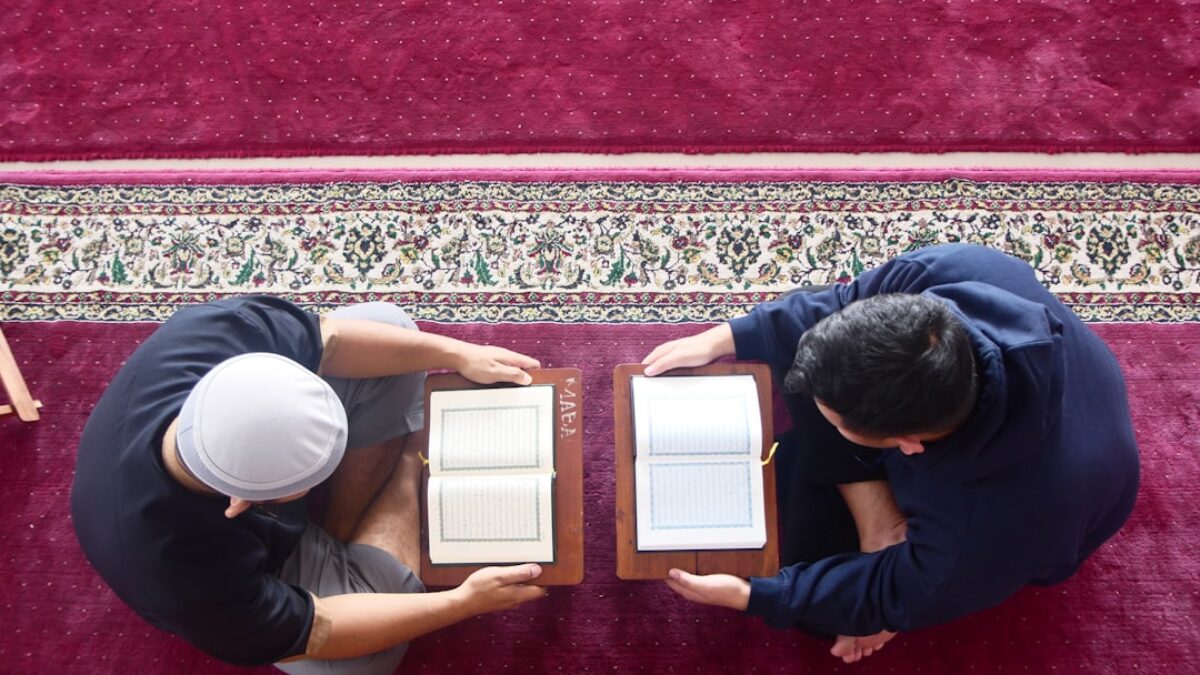In today’s complex world, the ability to think critically and analytically is more vital than ever. The disciplines of critical thinking foster skills such as problem-solving, creativity, and ethical reasoning, all of which are essential in navigating modern society’s challenges. Islamic teachings, rich in inquiry, ethics, and dialectics, provide a profound framework that can aid individuals in developing these essential analytical skills. This article will explore the intersection of Islamic principles and critical thought, offering in-depth research, real-world examples, and practical tips for implementation.
The Ethical Framework of Critical Thinking in Islam
Islam encompasses a comprehensive ethical framework guiding adherents to engage with the world thoughtfully and responsibly. Central to Islamic teachings is the concept of ihsan, which translates to "excellence" or "perfection." This principle emphasizes the importance of being thoughtful in actions, promoting a deep sense of responsibility in how one interacts with others and understands the world. In Islam, engaging critically with the world is not merely an academic endeavor; it is a moral obligation.
Critical thinking in Islamic tradition can be considered an act of worship. The Quran encourages believers to reflect, ponder, and question. Verses such as "Do they not reflect upon themselves? Allah created the heavens and the earth and everything between them in truth and for an appointed term." (Quran 30:8) underscore the importance of intellectual engagement. By nurturing a reflective mindset, Muslims are guided to seek knowledge not just for academic purposes but to understand their faith and the world deeply.
Additionally, the practice of ijtihad, or independent juristic reasoning, reflects the dynamic nature of Islamic jurisprudence. Scholars throughout history have engaged in critical analysis to address new issues as they arise, ensuring the religion remains relevant in a changing world. This practice highlights that Islamic teachings are not stagnant but encourage continuous intellectual inquiry. Ultimately, critical thinking becomes a means of fulfilling one’s religious duties by fostering a deeper understanding of Islamic principles and their application in daily life.
The Role of Questioning in Islamic Tradition
One of the most critical elements of fostering analytical skills is the ability to ask questions. Islamic tradition has long valued questioning as a path to enlightenment. The Prophet Muhammad himself encouraged his companions to ask questions. Authentic traditions (hadith) recount instances of His companions seeking clarification on various matters, emphasizing that questioning is not a challenge to authority but rather a pursuit of knowledge and understanding.
In an educational context, this can manifest as an environment where learners feel empowered to voice their inquiries. For example, Islamic scholars such as Ibn Rushd (Averroes) and Ibn Sina (Avicenna) exemplified this spirit of inquiry in their philosophical and scientific pursuits. Their work involved asking profound questions about existence, ethics, and the natural world, which ultimately led to advancements in philosophy, medicine, and other fields. These historical examples illustrate how fostering a culture of questioning is integral to Islamic thought and contributes to broader intellectual progress.
Furthermore, the practice of shura, or mutual consultation, within Muslim communities promotes critical thinking. By engaging in discussions that welcome diverse perspectives, individuals learn to analyze situations from various angles, weighing pros and cons thoughtfully. In modern contexts, this can be applied in family settings, workplaces, and community organizations, creating spaces where analytical skills can flourish through collaborative dialogue.
Real-World Examples of Analytical Thinking in Islamic Contexts
Numerous modern Muslim thinkers and organizations embody the principles of critical thought inspired by Islamic teachings. For instance, renowned scholar Shaykh Hamza Yusuf emphasizes the need for critical engagement with contemporary issues while remaining rooted in Islamic tradition. His work promotes a balanced approach to education that integrates spiritual and intellectual development, illustrating how Islamic teachings can encourage analytical reasoning in various spheres of life.
Another compelling example is the work of organizations like the Islamic Society of North America (ISNA) and Islamic Relief Worldwide. These organizations engage in reflective practices, critical assessments of their programs, and community needs. They employ analytical frameworks informed by Islamic teachings to ensure their initiatives are impactful and aligned with ethical standards. This demonstrates the real-world applicability of fostering critical thought through the lens of Islam, where the intersection of spirituality and practical action leads to meaningful outcomes.
Practicing Muslims also share their experiences in harnessing critical thinking within their daily lives. For example, a teacher implementing Islamic principles in their classroom may encourage students to critically evaluate historical events from multiple viewpoints, fostering a culture of inquiry that extends beyond religious education. Through such examples, it becomes clear that Islamic teachings not only promote critical thought but also provide practical frameworks for applying these skills across various contexts.
Authentic Reviews from Practicing Muslims
Understanding the impact of Islamic teachings on critical thinking goes beyond theoretical frameworks; it can be further enriched by authentic reviews from individuals who integrate these principles into their lives. A survey conducted among practicing Muslims highlighted common experiences and reflections regarding the role of critical thought in their faith. Respondents emphasized that the emphasis on education and inquiry in Islam inspired them to engage critically with societal issues, facilitating a deeper understanding of their faith and encouraging social responsibility.
For instance, Aisha, a graduate student in social sciences, reflects: "Islam has taught me to ask questions, not just accept things at face value. In my studies, I often find myself applying critical thinking skills that I attribute to my upbringing in a Muslim household where questions were welcomed." Such testimonials illustrate how Islamic teachings foster an environment conducive to intellectual growth, enabling individuals to navigate complex societal issues with a critical mindset.
Similarly, Muhammad, a community leader, shared how Islamic teachings influenced his approach to leadership. He stated, "In leading my community, I rely heavily on collective reasoning and dialogue. I learned from the teachings of the Prophet that consultation is key to coming to a well-rounded decision." This highlights how Islamic teachings not only shape individual critical thinking but also enhance collective analytical skills within communities.
Practical Tips for Implementing Critical Thought through Islamic Teachings
To cultivate critical thinking skills rooted in Islamic teachings, both individuals and communities can adopt several practical strategies:
1. Embrace a culture of questioning
Create an environment where questions are encouraged. In educational settings, whether formal classroom structures or informal discussions, promote a spirit of inquiry. Consider implementing regular forums for open dialogue, where individuals can pose questions and share insights freely.
2. Integrate ijtihad into daily life
Encourage self-reflection and independent reasoning by engaging with Islamic texts critically. This can be done through study circles or community discussions where participants analyze contemporary issues through the lens of Islamic teachings. Such practices remind individuals that critical engagement is both a duty and a privilege.
3. Foster shura in decision-making processes
Involve community members in decision-making to utilize collective reasoning and foster analytical skills. This could involve holding regular community meetings where diverse perspectives are gathered to assess issues and develop solutions collaboratively, embodying the spirit of mutual consultation in Islamic teachings.
4. Utilize Islamic literature on philosophy and ethics
Incorporate texts by classical and contemporary Islamic scholars that explore philosophical ideas, reasoning, and ethical dilemmas. This encourages deeper engagement with complex concepts, fostering critical thinking skills. Learning about Islamic philosophy, such as the works of Al-Ghazali or Al-Farabi, opens avenues for nuanced discussion and debate.
5. Encourage interdisciplinary learning
Encourage students and community members to engage with various fields of knowledge, such as science, literature, and politics. This broadens their perspective and enriches their understanding, allowing them to apply critical thinking skills across different contexts.
FAQs about Critical Thought in Islamic Teachings
1. What is the significance of critical thinking in Islam?
Critical thinking is integral to Islamic teachings, as it enables individuals to understand their faith deeply, make informed decisions, and engage responsibly with societal issues.
2. How can I develop critical thinking skills through Islamic teachings?
You can develop these skills by fostering a culture of questioning in your environment, engaging with Islamic texts critically, and participating in discussions and decision-making processes that involve diverse perspectives.
3. Are there specific Islamic texts that focus on critical thinking?
While there are no texts solely dedicated to critical thinking, works by Islamic philosophers such as Ibn Rushd, Ibn Sina, and Al-Ghazali address questions of ethics, knowledge, and reasoning, offering valuable insights.
4. How can Islamic teachings help in modern education?
Islamic teachings emphasize inquiry, reflection, and ethical reasoning, which can be integrated into modern educational practices to cultivate well-rounded, thoughtful individuals.
5. What role does community engagement play in fostering critical thought?
Community engagement through collective discussions and consultations allows diverse viewpoints to be heard, enriching the analytical process and enhancing critical thinking skills among members.
Conclusion
In the rapidly evolving landscape of the modern world, critical thinking and analytical skills are indispensable. Islamic teachings, with their rich tradition of inquiry, ethics, and intellectual engagement, provide a robust framework for developing these essential abilities. By embracing principles such as ihsan, ijtihad, and shura, individuals can foster a culture of questioning and reflection that nurtures critical thought. Real-world examples demonstrate the profound impact of these teachings in various contexts, while authentic reviews from practicing Muslims illustrate the transformative effects of integrating critical thinking into everyday life.
Ultimately, the responsibility lies with both individuals and communities to implement strategies that promote critical engagement grounded in Islamic principles. As we navigate an increasingly complex world, the call to think critically and responsibly resonates deeply within the framework of our faith, guiding us toward informed choices and meaningful contributions to society.
























Post Comment